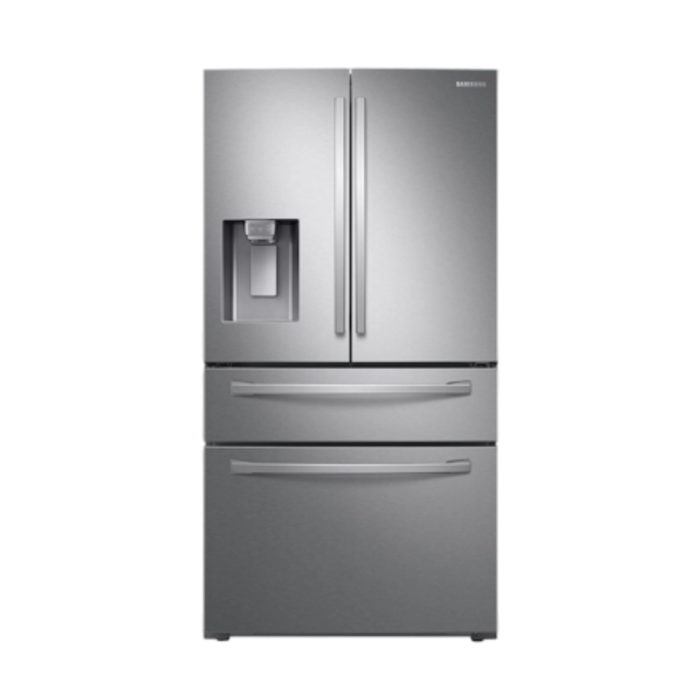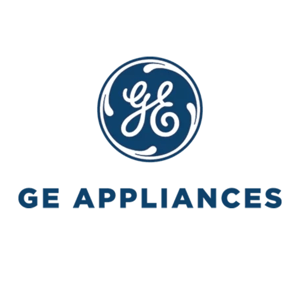Why Compare Appliances
Stop Guessing! Here's Why You Should Compare Home Appliances First

Buying home appliances isn’t just about picking the shiniest fridge or the fanciest washing machine. With so many options out there—each promising to be “the best”—it’s easy to fall into the trap of impulse buying. But here’s the truth: not all appliances are created equal, and what works for someone else might be totally wrong for you.
That’s why comparing is a must, not a maybe. Still guessing? Let’s break down why taking the time to compare home appliances can actually save you money, stress, and future regret.
Many people buy carelessly, and end up regretting it.
Often, people buy a refrigerator, washing machine, or microwave just because of a promotion or a friend’s recommendation—without really knowing whether it suits their needs. This article is designed to help readers think more critically and make informed choices based on real comparisons, not impulses or trends.
There are more and more features, but not all of them are useful.
Real Needs vs. Fancy Features
When shopping for home appliances, it's easy to get distracted by
shiny features—smart displays, built-in speakers, or Wi-Fi connectivity
that lets your fridge send you reminders. But before you get sold on the
“cool factor,” ask yourself: do you really need those extras? Most of
the time, basic models already offer everything you actually use day to
day.
Prioritizing real needs over flashy additions can save you a
lot of money and reduce long-term frustration. For example, if your
main concern is energy savings or quiet performance, those should top
your comparison list—not whether your oven can sync with your phone.
Focus on what adds real value to your lifestyle, not just your bragging
rights.
Stuff that actually clicks Because why not?
Power Consumption and Energy Efficiency

One of the most important things to compare when buying home
appliances is how much electricity they use. Two similar-looking
appliances can have very different impacts on your energy bill. That’s
why checking the energy label or looking for certifications like Energy
Star is essential—they help you spot which models are truly efficient.
Choosing
an energy-efficient appliance might cost a bit more upfront, but it
pays off in the long run through lower utility bills. Plus, you're not
just saving money—you’re also reducing your environmental impact. So
when comparing products, don’t just look at the price tag; factor in how
much they’ll cost you to run every month.



















